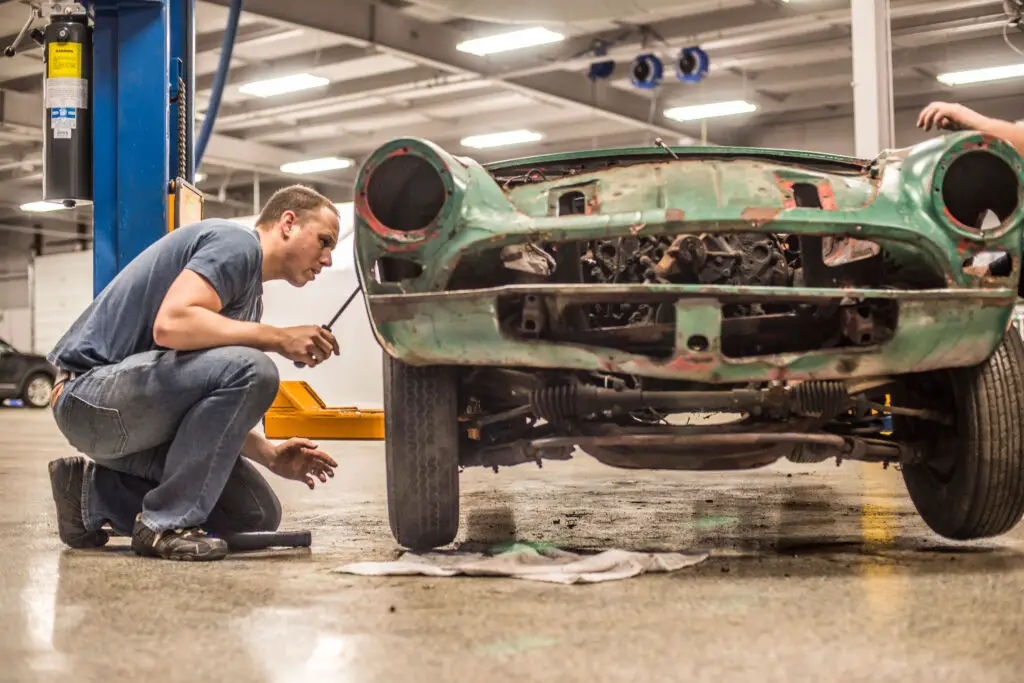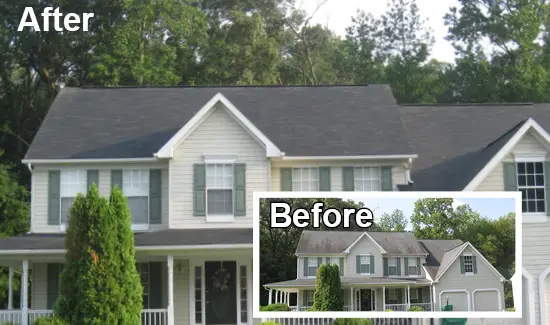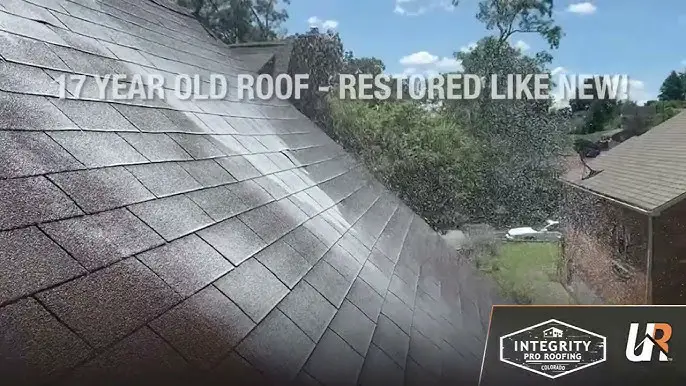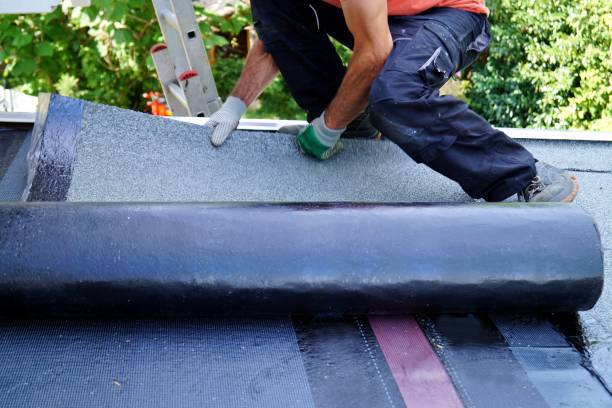Restoring a car can cost anywhere from $1,000 to $100,000, depending on the extent of the restoration and the type of car. Factors such as the condition of the car, the level of restoration desired, and the availability of parts all contribute to the overall cost.
Restoring a car to its former glory is a labor-intensive and detail-oriented process that requires a significant investment of time and money. Whether it's a classic vintage car or a beloved family heirloom, the cost of restoration can vary widely.
From cosmetic upgrades to complete overhauls, the price tag for restoring a car can quickly add up. Understanding the factors that influence the cost of restoration can help enthusiasts and collectors plan and budget accordingly for their automotive restoration projects.
Credit: www.quora.com
Introduction To Car Restoration
Embarking on a car restoration journey involves various costs, influenced by factors like the vehicle's condition, desired upgrades, and labor expenses. It's crucial to budget wisely and consider all aspects before diving into the rewarding process of restoring a car.
In the world of automotive enthusiasts, restoring classic cars is a beloved pastime. The process involves bringing vintage vehicles back to their former glory. Classic cars hold a special place in people's hearts due to their nostalgic value and unique designs.
Popularity Of Classic Cars
Classic cars are highly sought after by collectors and enthusiasts worldwide. The timeless appeal of these vehicles transcends generations. Owning and restoring a classic car is a labour of love for many individuals.
What Restoration Entails
Car restoration involves meticulous attention to detail and a passion for preserving automotive history. This process includes repairing, replacing, and refurbishing various components of the vehicle to achieve a like-new condition.
Popularity Of Classic Cars
- Classic cars have appreciated in value over the years.
- Enthusiasts enjoy the challenge of restoring these vintage vehicles.
What Restoration Entails
- Restoration may involve mechanical repairs, bodywork, and interior refurbishment.
- Attention to authenticity and originality is crucial in car restoration.
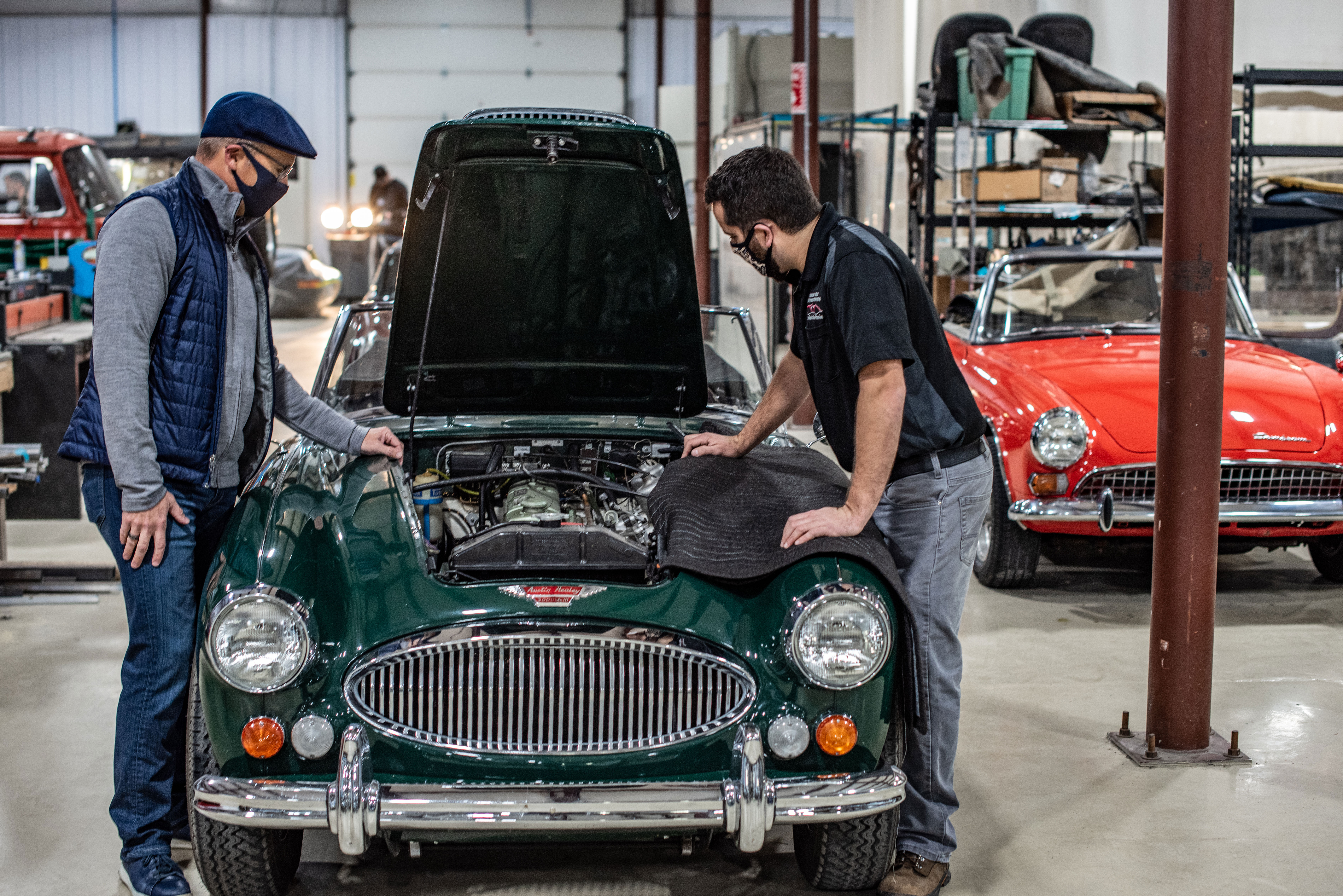
Credit: www.hagerty.com
Initial Considerations For Cost
When estimating the cost of restoring a car, several initial considerations come into play. Factors such as the extent of restoration needed, the type of car, and the availability of parts can all influence the overall cost. It's important to carefully assess these factors to determine a realistic budget for the restoration project.
Before restoring a car, it is important to assess the initial considerations for cost. This includes assessing the vehicle's condition and setting a budget. By doing so, you can ensure that you are able to restore the car without breaking the bank.
Assessing The Vehicle's Condition
Assessing the vehicle's condition is crucial when it comes to restoring a car. The condition of the car will determine the amount of work that needs to be done, which in turn affects the cost. A car in good condition will require less work and cost less to restore than a car that is in poor condition.
When assessing the vehicle's condition, it is important to take note of any rust or damage to the body, engine, or interior. This will give you an idea of the amount of work that needs to be done, and the cost of the restoration.
Setting A Budget
Setting a budget is another important consideration when it comes to restoring a car. It is important to set a realistic budget that takes into account the cost of the car, the cost of the restoration, and any additional costs such as taxes and insurance.
When setting a budget, it is important to prioritize the work that needs to be done. This means focusing on the essential repairs and upgrades first, and then moving on to the cosmetic changes. By doing so, you can ensure that you are able to restore the car within your budget.
Restoring a car can be a costly endeavor, but by assessing the vehicle's condition and setting a budget, you can ensure that you are able to restore the car without breaking the bank.
Breakdown Of Restoration Expenses
When restoring a car, it's crucial to have a clear understanding of the breakdown of restoration expenses. Knowing the costs associated with parts, materials, and labor can help you plan your restoration project effectively. In this article, we'll delve into the specifics of these expenses, offering valuable insights for car enthusiasts and restoration enthusiasts alike.
Parts And Materials
When restoring a car, parts and materials constitute a significant portion of the expenses. Whether you're aiming to refurbish the engine, replace the upholstery, or upgrade the electrical system, the cost of parts and materials can vary widely. It's essential to conduct thorough research to source the best quality components at competitive prices. Additionally, consider the rarity of specific parts, as this can significantly impact overall expenses.
Labor Costs
Skilled labor plays an integral role in the restoration process and consequently, labor costs are a significant consideration. The expertise required for tasks such as bodywork, painting, and engine rebuilding can substantially influence the overall expenses. Moreover, the labor rates of professional mechanics and restoration specialists can vary based on their experience and the complexity of the project. It's crucial to factor in these costs when budgeting for a car restoration.
Diy Versus Professional Restoration
Restoring a car can be a rewarding project. Understanding the costs involved in DIY restoration versus professional services can help you make an informed decision.
Costs Of Diy Restoration
DIY restoration costs vary based on the extent of work needed. Here are some common expenses:
- Tools and Equipment
- Parts and Materials
- Paint and Finish
- Labor Time
When To Choose Professional Services
If you lack experience or time, opting for professional restoration services might be beneficial. Consider professional help when:
- Complex Repairs are Needed
- Desire a High-Quality Finish
- Limited Time Available
- Specialized Skills Required
Saving On Parts: Tips And Tricks
Restoring a car can be a costly endeavor, but there are ways to save on parts without compromising on quality. By employing smart strategies for sourcing and purchasing parts, you can effectively reduce the overall cost of restoring your vehicle. Here are some tips and tricks to help you save money on car restoration parts:
Sourcing Used And Aftermarket Parts
- Consider buying used parts from reputable salvage yards or online marketplaces.
- Aftermarket parts are often more affordable than OEM parts and can be a good alternative.
- Check with local auto enthusiasts or clubs for leads on used parts.
Bulk Buying And Negotiation
- Buy parts in bulk to avail discounts from suppliers or online retailers.
- Negotiate prices with sellers, especially when buying multiple parts.
- Look for wholesale suppliers who offer competitive prices for bulk purchases.
The Hidden Costs To Watch Out For
When considering the cost of restoring a car, it's crucial to be aware of the hidden expenses that can sneak up on you. From transport and towing fees to unexpected repairs, these additional costs can significantly impact your restoration budget. Being prepared for these hidden costs can help you avoid financial surprises and ensure a smoother restoration process.
Transport And Towing Fees
Transport and towing fees are often overlooked when budgeting for car restoration. Whether you need to transport the car to a restoration shop or have it towed from the point of purchase, these expenses can add up quickly. Researching and obtaining quotes from reputable transport companies can help you budget effectively for this essential service.
Unexpected Repairs
When restoring a car, it's common to encounter unexpected repairs that were not initially factored into the budget. Whether it's addressing hidden rust, replacing damaged parts, or addressing unforeseen mechanical issues, these repairs can significantly impact the overall cost of restoration. Budgeting for a contingency fund to cover these unexpected expenses can help mitigate the financial impact of unforeseen repairs.
Case Studies: Restoration Budgets
Restoring a classic car can be a rewarding experience, but it can also be an expensive one. The cost of restoring a car can vary greatly depending on the make, model, and the level of restoration desired. To give you a better understanding of the cost involved, we have compiled a few case studies of restoration budgets.
Economical Restoration Projects
If you're on a tight budget, there are still ways to restore a car without breaking the bank. Here are some examples of economical restoration projects:
- 1968 Ford Mustang Coupe: A basic restoration of this classic car can cost around $10,000 to $15,000. This includes bodywork, paint, and mechanical repairs.
- 1972 Chevrolet C10 Pickup Truck: A basic restoration of this classic truck can cost around $15,000 to $20,000. This includes bodywork, paint, and mechanical repairs.
- 1985 Toyota Supra: A basic restoration of this classic Japanese sports car can cost around $5,000 to $10,000. This includes bodywork, paint, and mechanical repairs.
High-end Restoration Examples
If you're looking for a show-quality restoration, the cost can quickly add up. Here are some examples of high-end restoration projects:
| Make and Model | Cost |
|---|---|
| 1967 Shelby GT500 | $150,000+ |
| 1957 Chevrolet Bel Air Convertible | $200,000+ |
| 1963 Porsche 356B | $100,000+ |
These high-end restorations involve a complete teardown and rebuild of the car, including the engine, transmission, and suspension. The bodywork and paint are also done to show-quality standards, which can be a significant expense. These types of restorations can take months or even years to complete.
Conclusion: Maximizing Your Restoration Investment
Restoring a car is a significant investment, and maximizing its value is crucial. By prioritizing tasks and understanding the long-term value of a restored car, you can ensure a cost-effective and rewarding restoration project.
Prioritizing Tasks For Cost-effectiveness
- Start with essential repairs like engine and mechanical components.
- Focus on structural integrity before cosmetic enhancements.
- Research and compare prices for parts and labor.
- Opt for quality over quantity when selecting upgrades.
Long-term Value Of A Restored Car
- Quality restoration increases resale value and desirability.
- Regular maintenance preserves the investment for years to come.
- Well-documented restoration history enhances credibility.
- Consider future trends and market demand for specific models.
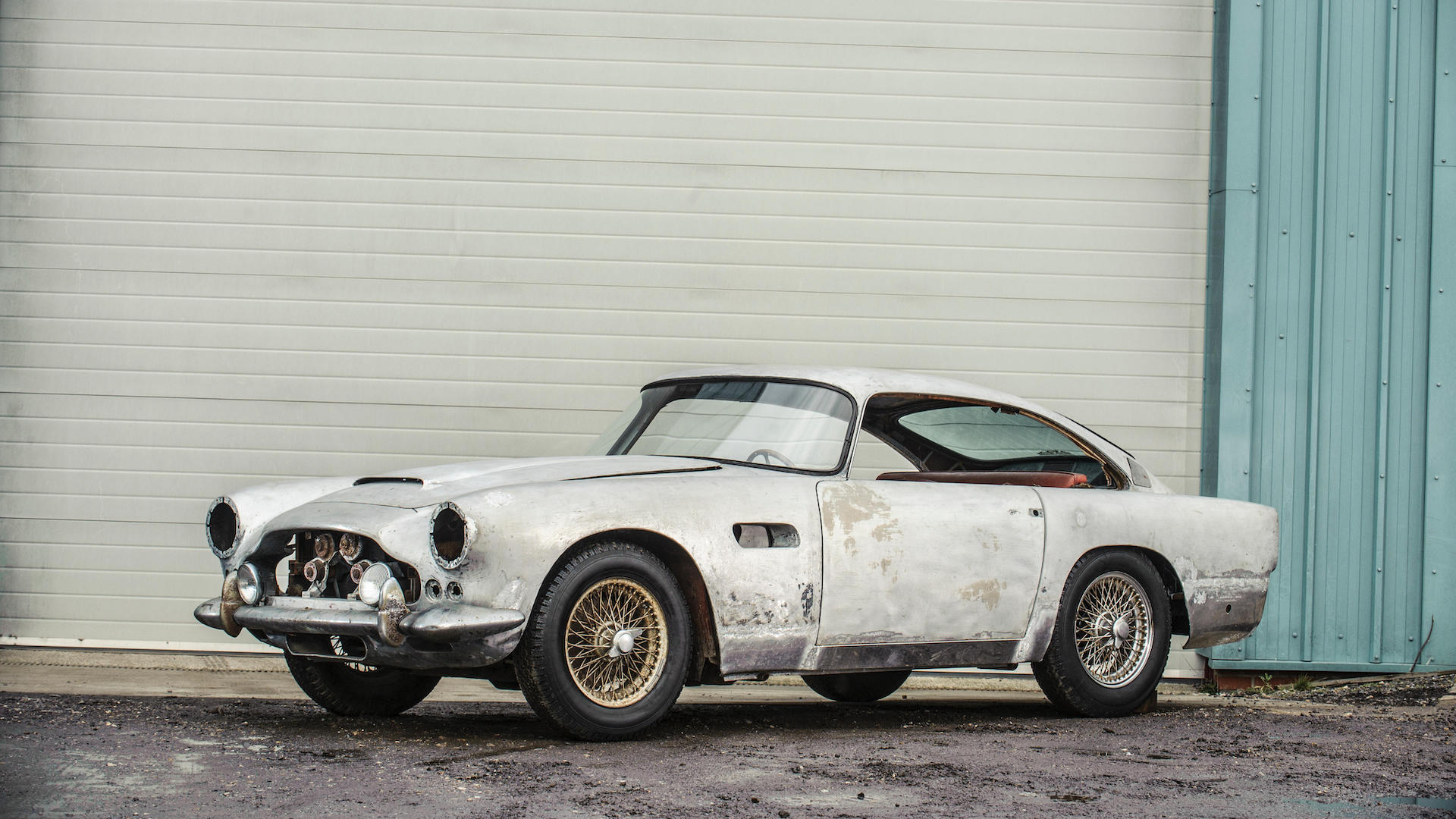
Credit: bidgarage.com
Frequently Asked Questions
Is It Cheaper To Restore A Car Or Buy One?
Restoring a car can be cheaper than buying a new one. It depends on the car's condition and your budget.
Is It Worth Restoring A Car?
Yes, restoring a car can be worth it for enthusiasts, collectors, and those wanting to preserve automotive history. It can also increase the car's value and provide a sense of accomplishment and pride.
How Much Should I Budget For Car Restoration?
The budget for car restoration varies widely, ranging from $1,000 to $100,000 or more. Factors include the car's condition, the extent of restoration, and the quality of parts and labor. It's best to consult with a professional for an accurate estimate.
What Is The Most Expensive Part Of Restoring A Car?
The most expensive part of restoring a car is usually the cost of labor and specialized parts.
What Factors Influence Car Restoration Costs?
Car restoration costs vary based on car model, condition, and extent of restoration needed.
Conclusion
Restoring a car can be a costly but rewarding endeavor. By carefully budgeting for parts and labor, and considering DIY options, you can manage the costs effectively. Researching and sourcing affordable materials and services can also help keep expenses down.
With careful planning, restoring a car can be a fulfilling and worthwhile investment.

